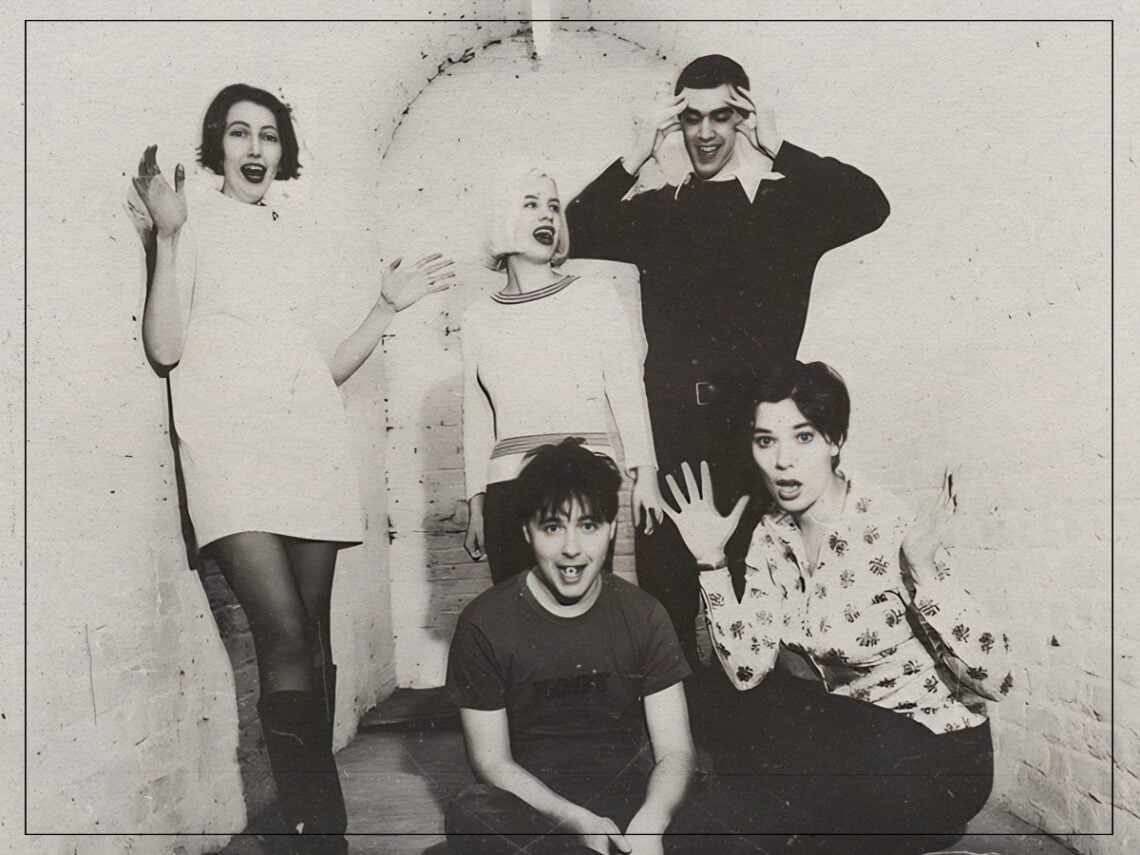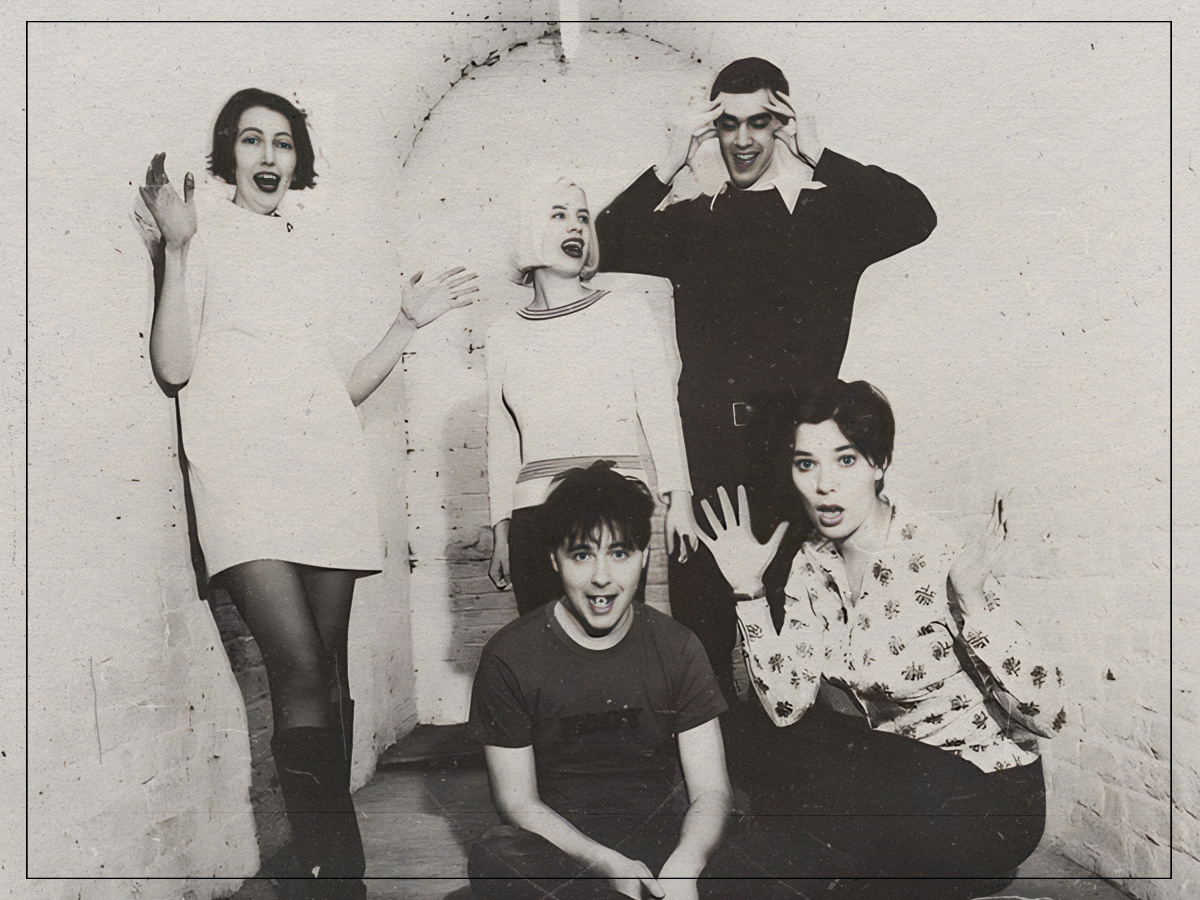
(Credits: Far Out / Spotify)
Sun 13 April 2025 8:30, UK
Stereolab was a powerhouse of a band in their prime. Their detached nature concerning their music might just be the reason why they were able to create such influential work. With The Smiths as their general guiding light and the sentiment of “you create music, you let it go” as a driving force behind their creative process, Lætitia Sadier’s talk with the Red Bull Music Academy in 2015 is a revelatory discussion about creation.
Stereolab created album after album, song after song, for about 19 years before falling into an indefinite hiatus. Exhibiting musical independence that was capitalised by the band’s eagerness to create a kaleidoscopic array of music, they were pioneers of their time despite not being popular in mainstream media.
When it comes to their music, Stereolab is innovative like no other. Led by the artistic vision of Tim Gane and Lætitia Sadier, the projects that came from them were revolutionary in terms of how alternative music is approached today, particularly by the youth. Much like The Smiths, the band makes music for the youth, addressing issues directly tied to their realities and concerns. They don’t stray from depressing subjects but rather give them the space to be felt and understood.
Stereolab comments on political spheres and interweaves philosophical ideas throughout their work, which allows them to connect on an array of levels with their audience. The relationships they build are permitted more intimacy as real thoughts and ideas are dissected and shared. Thus, between the audience’s interest, they draw on an instrumental and vocal plane in terms of lyricism, and the band is well-rounded on all fronts of their aesthetic appeal.
Consider tracks like ‘French Disko’, ‘Pack Yr Romantic Mind’, or ‘Ping Pong’, where Sadier’s bewitching vocals communicate surrealist or politically assertive themes in the fashion of unconventional electronic, French/English-pop sonic landscapes. These are great examples of Stereolab creating stunning, sonically immersive worlds for ideas to take shape and transform.
Their avant-garde approach to music, while engaging with leftist politics and implementing esoteric, electro-pop sounds, is precisely what makes them such a necessary band. For Sadier, it is all about transformation, with her stating, “I think we’re all becoming”. Thus, a staple of the band is that their music always sounds transformative and serves as a reflection of reality.
As mentioned, there’s a sense of detachment between Stereolab and their music. This lives in the fact that they do not dwell too long on any one song or collection of songs. Back in their peak, they just let each song come and go, which allowed the band to always seek and engage with new ideas. As a result, their music has never felt stale. It’s always been fresh and exhilaratingly so, as it’s always with the times and current.
With that, from an auditory standpoint, it strays from popular sound. In the 1990s, grunge and dance-pop were the primary rulers of the airwaves. So, Stereopop’s odd fusion of French/English pop and krautrock offered an intoxicating blend for those interested in expanding their tastes. The music was a mirror of ever-evolving perspectives, a funhouse of developing insights and notions.
Stereolab were always in motion, doing exactly what they set out to do. They didn’t let overthinking cloud their judgment on what a song or project should be, especially in comparison to their peers. By maintaining some distance between their work and themselves, letting each song develop without much thought about delaying production for the sake of crafting perfection, we have music that can only be described as authentic portrayals of reality.
Related Topics
Subscribe To The Far Out Newsletter
